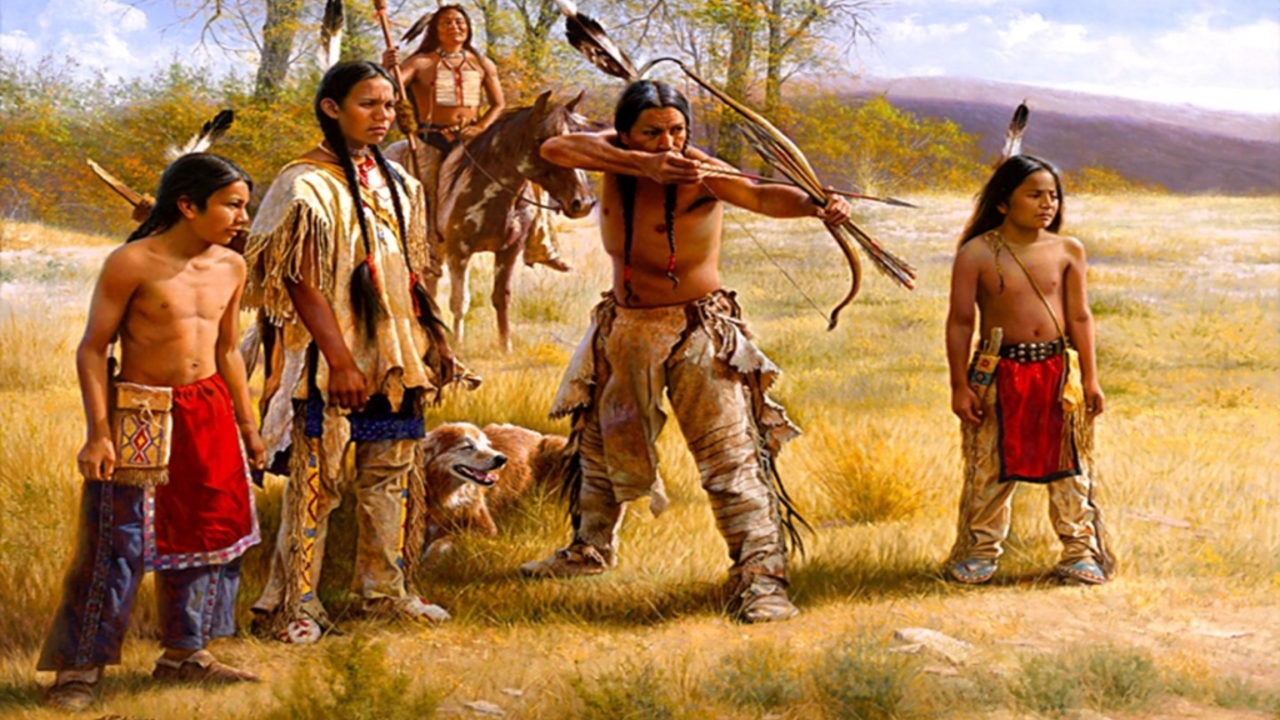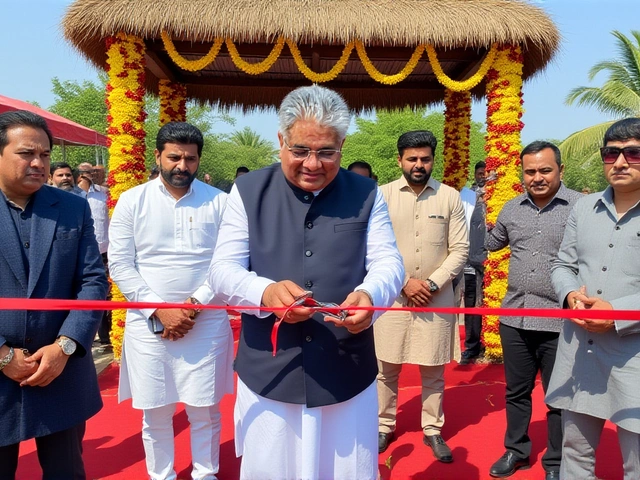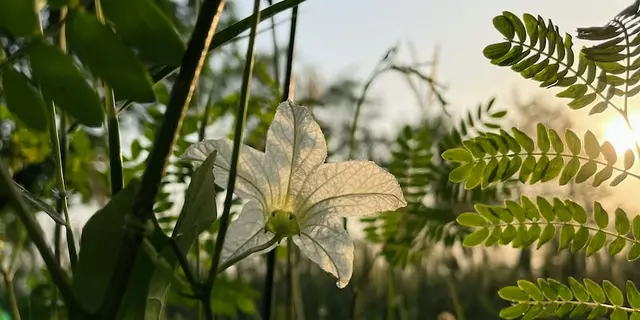Cultural Discussions – The N‑Word Debate for Indians and Native Americans
Ever wondered if an Indian or Native American can say the N‑word without causing offense? It’s a hot topic that mixes history, identity, and respect. In this guide we break down why the word matters, where the controversy comes from, and what you can do to keep the conversation respectful.
Why the N‑Word Still Hurts
The N‑word isn’t just a slang term; it’s a relic of slavery, segregation, and ongoing racism against Black people. Even if other groups have faced oppression, the word’s roots are tied to a specific history of dehumanizing Black bodies. When anyone uses it, they risk echoing that past and reopening wounds. That’s why many see the word as off‑limits, regardless of the speaker’s background.
Different Perspectives Across Communities
Indians and Native Americans have their own stories of colonization, forced relocation, and cultural erasure. Some argue that shared suffering creates a bond that could make the word feel less hostile. Others point out that each group’s trauma is unique, and borrowing another community’s slur can dilute its impact or even add new layers of hurt. Listening to voices from both sides helps you see why the debate isn’t black‑and‑white.
First‑hand accounts from Native American activists often stress that solidarity means respecting each other’s boundaries. They say using the N‑word can shift focus away from the real issues facing Indigenous peoples, like land rights and cultural preservation. On the flip side, some Indian social media users claim the word can be reclaimed in a playful, non‑racial way among friends, similar to how other groups repurpose slurs.
But here’s the practical part: if you’re not sure whether it’s okay, the safest bet is to stay silent. The risk of hurting someone outweighs any momentary feeling of inclusion. You can still show empathy by learning Black history, supporting Black‑led initiatives, and using language that honors everyone’s experience.
When the conversation comes up in a group chat or a classroom, ask open‑ended questions. Try, “What do you think about using that word?” Instead of assuming everyone is comfortable, you give space for honest reactions. This approach builds trust and shows you care about the impact of your words.
Remember, language evolves. Words that were once commonplace can become harmful as societies change. Keeping an ear to the ground and adapting your speech accordingly is a sign of growth, not weakness. It also signals that you value the feelings of those around you, whether they’re Black, Indigenous, or any other background.
In short, the N‑word is a loaded term that carries a heavy history. For Indians and Native Americans, using it can unintentionally perpetuate racial harm, even if the intention isn’t malicious. The best move is to respect the boundaries set by the Black community and focus on building bridges through shared understanding instead of risky slang.
The question of whether it's appropriate for Indians or Native Americans to use the N-word is a deeply complex and sensitive one. It's essential to remember that the N-word is historically tied to systemic racism and oppression against Black people. While there's a shared history of oppression between Native Americans and African Americans, using this word can potentially perpetuate racial harm. Additionally, it's important to respect that different communities have unique experiences and associations with certain words. Ultimately, it's about respecting each other's histories and experiences.
Read more





